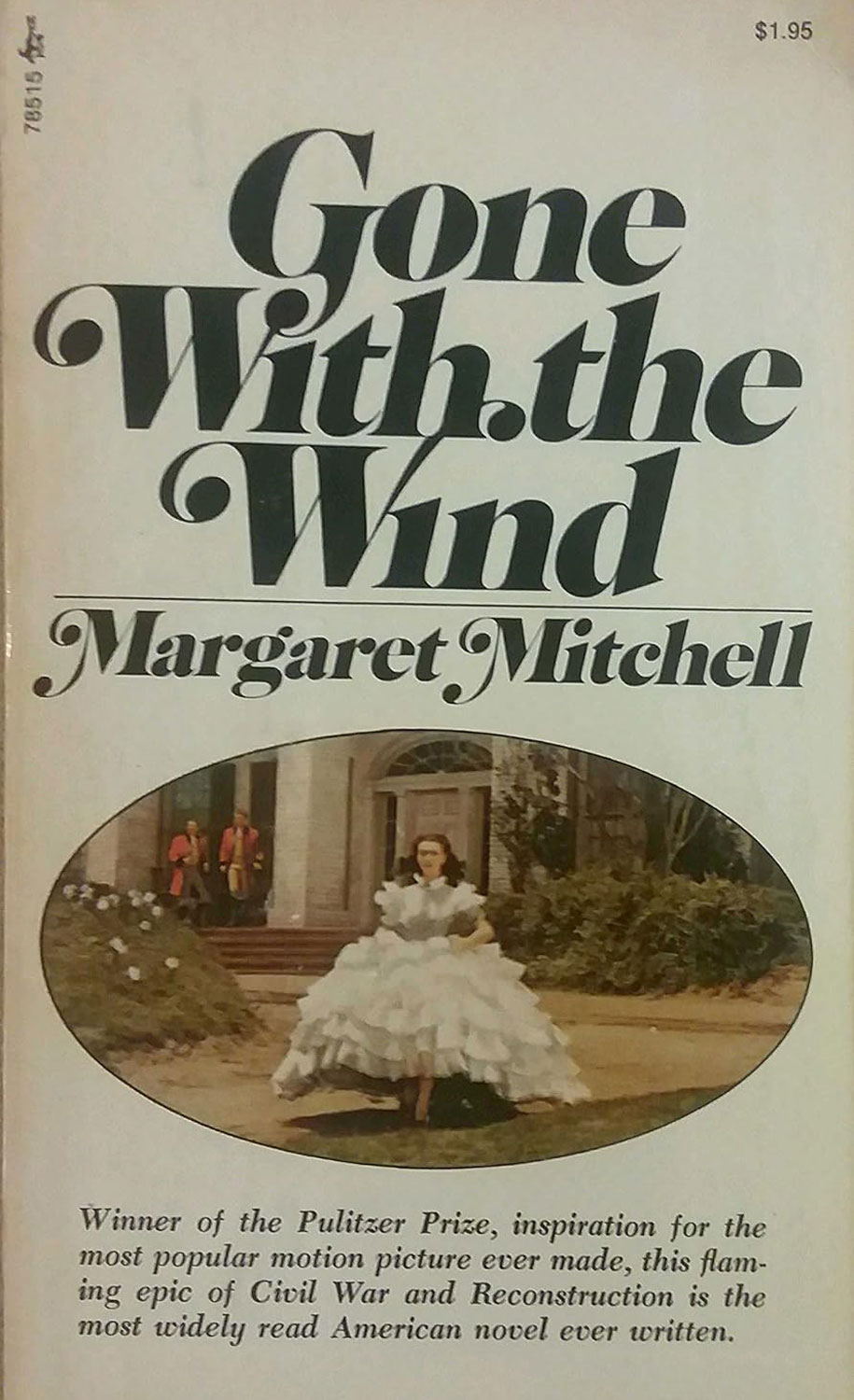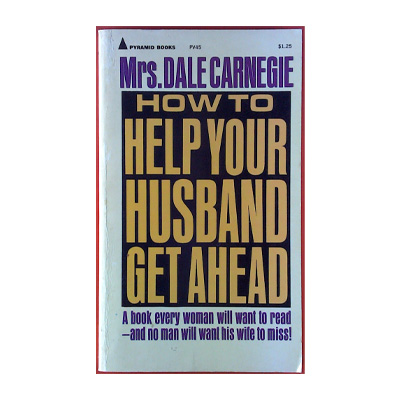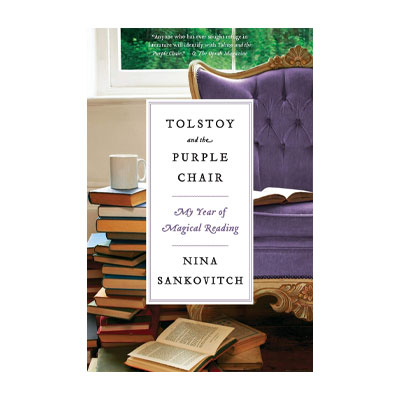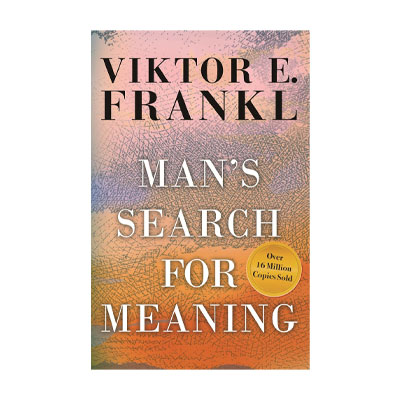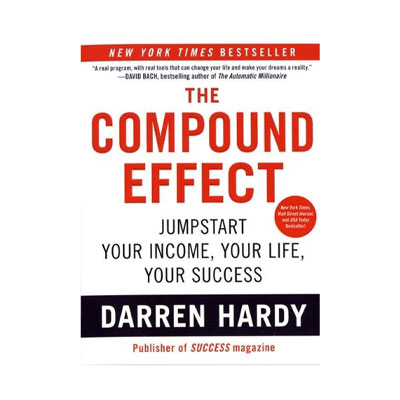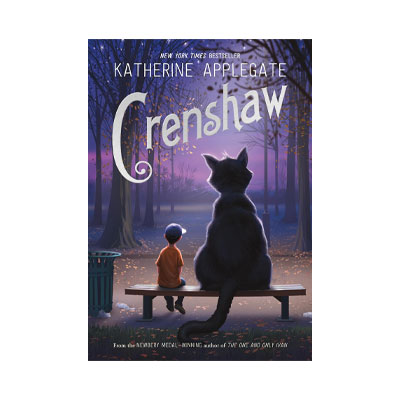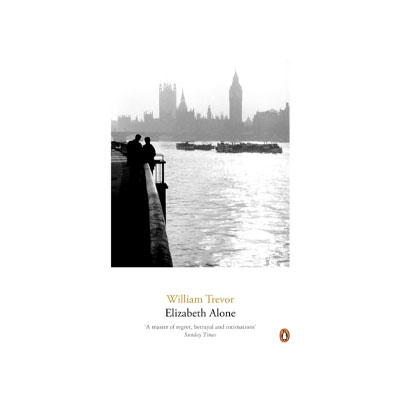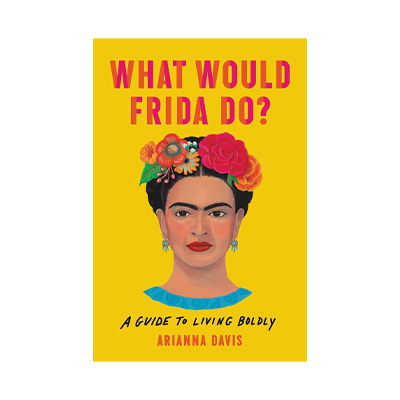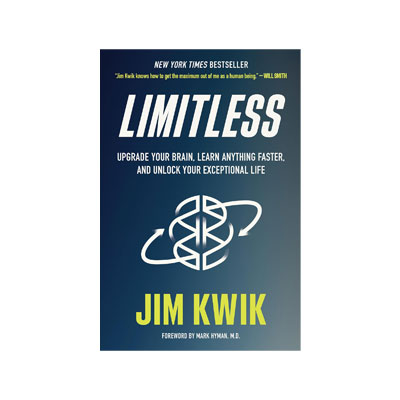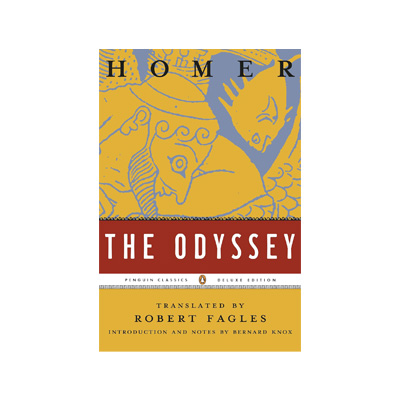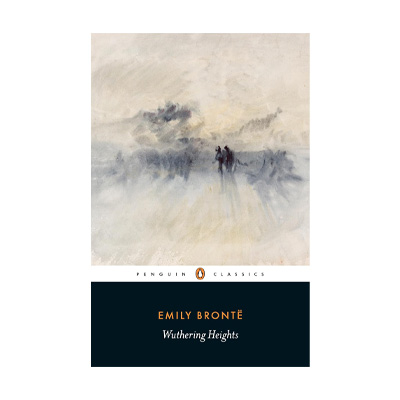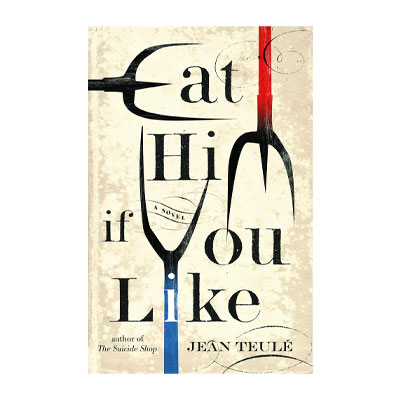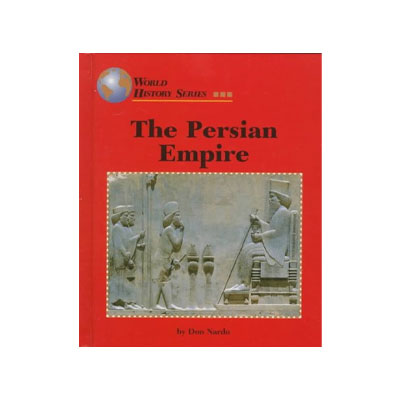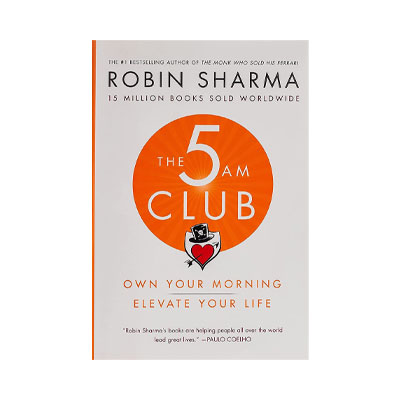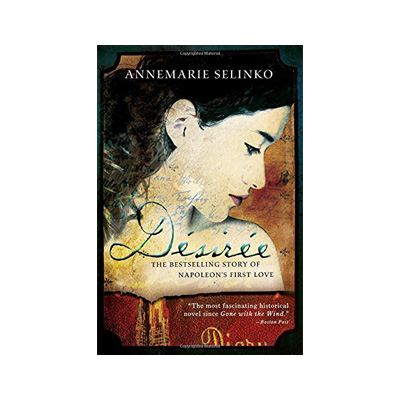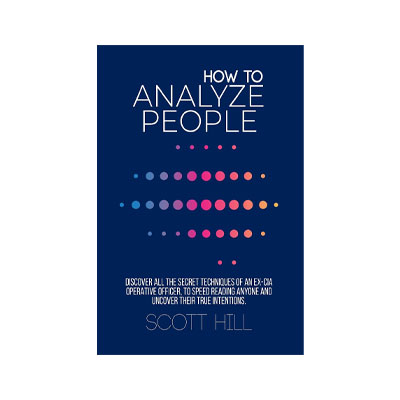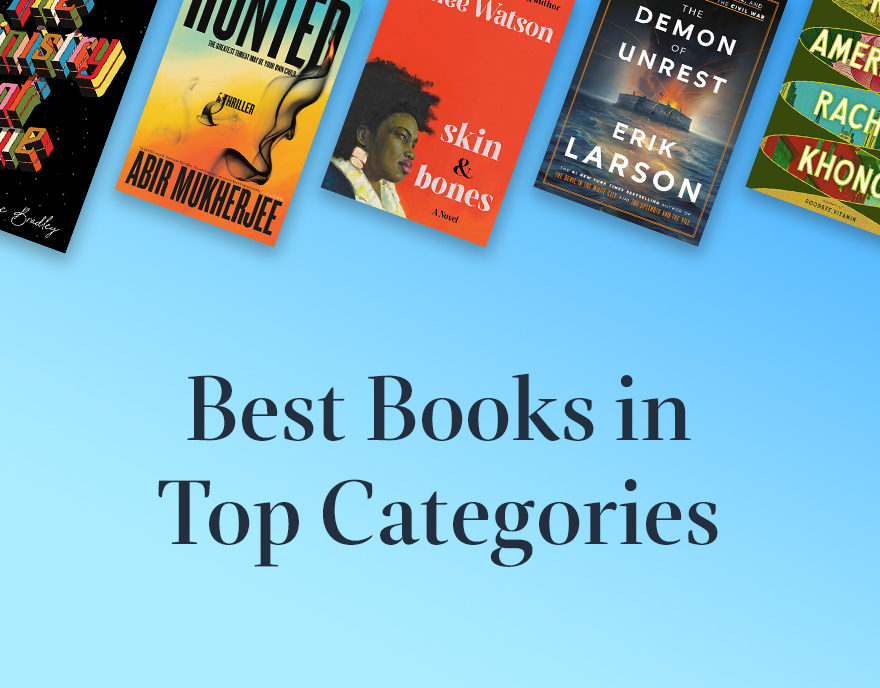Book Summary
American author Margaret Mitchell created one of the most famous novels in the history of world literature, "Gone with the Wind," which was first published in 1936. With over 30 million copies sold worldwide, it continues to attract many readers to this day. The popularity of this work reached such heights that in a 2014 survey, American audiences declared "Gone with the Wind" their favorite book after the Bible. The main story revolves around the ups and downs of the romantic life of a beautiful girl named Scarlett O'Hara, who, during the Civil War, managed to achieve her financial and personal independence in the society she lived in. Scarlett is a pampered girl living on a large plantation in Georgia.
Although she has many suitors, her heart belongs to a man named Ashley Wilkes, who is from a Southern aristocratic family. Despite what Scarlett imagined, Ashley marries a simple girl named Melanie Hamilton. Upon learning this news, Scarlett cannot bear it and goes to see Ashley at the Wilkes plantation to confess her love for him. During their conversation, Ashley admits that he has feelings for Scarlett but decides to marry Melanie, who shares many similarities with him, due to the differences in their worlds. Scarlett's heart breaks, and after the Civil War begins, to somehow take revenge on Ashley, she marries Charles Hamilton, Melanie's brother, who is rather dull.
Before this union lasts long, Charles dies from measles. During this time, Scarlett gives birth to a son from Charles and, feeling weakened compared to her past self, plans to move to Atlanta to create a new life alongside Melanie and her aunt. In her new surroundings, she meets a new character named Rhett Butler, a very straightforward man who encourages Scarlett to set aside the mental limitations that many Southern widows face and to create a better position for herself, although sometimes Butler's mocking remarks upset her. Time passes with its bittersweet moments for Scarlett, Melanie, and other characters until Ashley is captured in the war.
Scarlett, keeping her promise to him, stays by her husband’s side until their child is born. Atlanta is captured by the Yankees, and Scarlett escapes with Melanie thanks to Rhett Butler to return to Tara, Scarlett's home. In the midst of this escape, Butler leaves them alone, and they must struggle but successfully reach their destination. The situation is not as it was before since Scarlett's mother has died, her father has lost his memory, and the plantations have been looted by the Yankees. Filled with both grief and anger, Scarlett decides to rebuild Tara and faces various financial and emotional challenges along the way. Her multiple marriages, events between her and her sister, and her emotional relationship with Butler bring a fresh color and flavor to the continuation and conclusion of the story, which is well detailed in the complete reading of the book.
About the Author
Margaret Munnerlyn Mitchell Marsh was an American writer born on November 8, 1900, in Atlanta. She is considered one of the greatest single-novel authors in the world, having won both the National Book Award and the Pulitzer Prize during her career. Mitchell studied medicine at Smith College but left it unfinished due to her mother's death and pursued journalism professionally. "Gone with the Wind" was her first and last work; she passed away on August 16, 1949, in a hospital in Atlanta after an accident that left her hospitalized for five days.
Who Should Read the Book?
Lovers of romantic novels, especially those who prioritize reading the best classical works and historical literature in their selections, should consider "Gone with the Wind" as one of their first books to read.
